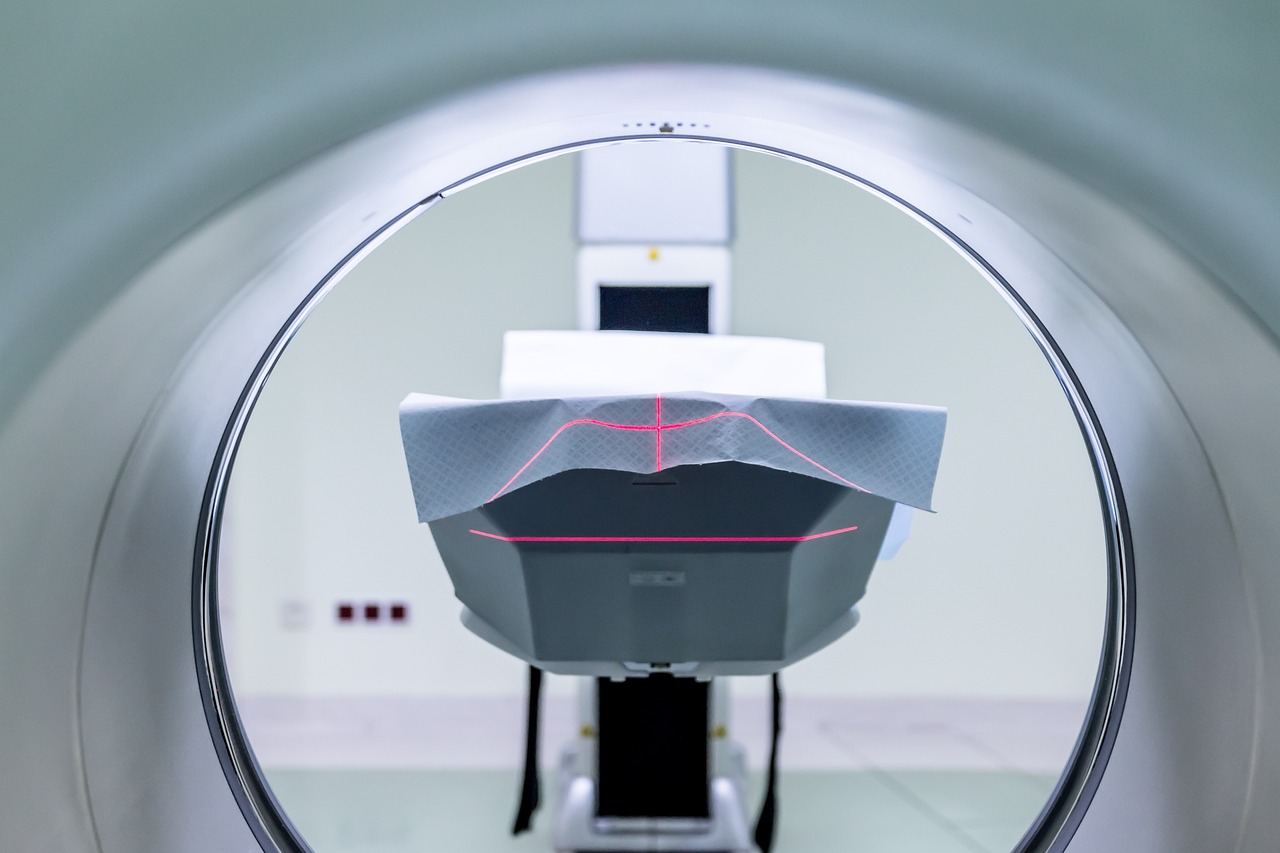Translational Sarcoma, Melanoma and Rare Tumour Surgery Group
Mr Myles Smith's group aims to translate basic science innovations generated at the ICR to advance the surgical treatment of cancer – for example, evaluating molecular markers to aid the definition of cancer at the time of surgery.
Our group aims to help the translation of imaging technologies developed at The Institute of Cancer Research to the clinic and bedside.
Tumour-specific preoperative and intraoperative imaging with targeted molecular probes holds great promise in cancer surgery. Improved ability to define the distribution of cancer at the time of surgery would better help define the extent and adequacy of resection, while minimising excision of healthy tissue.
Other benefits include intraoperative staging and the guidance of adjuvant treatments. Successful application of intraoperative targeted molecular imaging to cancer surgery has the potential to translate into improved local control and survival, while reducing the impact of curative interventions. We aim to help the translation of imaging technologies developed at The Institute of Cancer Research to the clinic and bedside.
Myles Smith
Honorary Faculty:
Translational Sarcoma, Melanoma and Rare Tumour Surgery
Myles Smith is a Consultant General Surgeon and Surgical Oncologist. After completing his surgical training through the Royal College of Surgeons in Ireland's Higher Surgical Training scheme, he pursued a General Surgical Oncology Fellowship at the University of Toronto. He joined The Royal Marsden NHS Foundation Trust in 2015, where he focuses on sarcoma and melanoma treatment.



